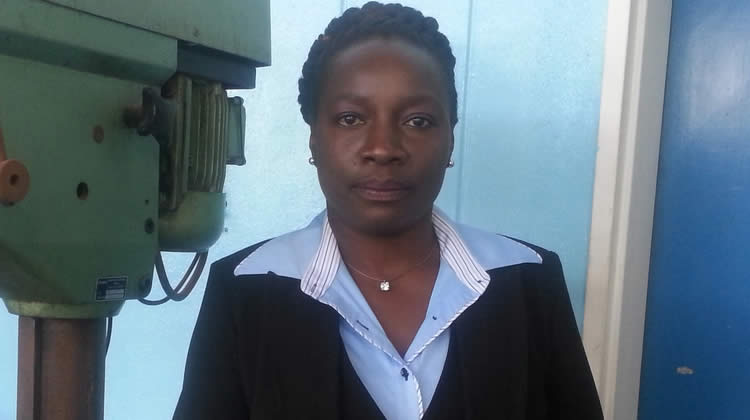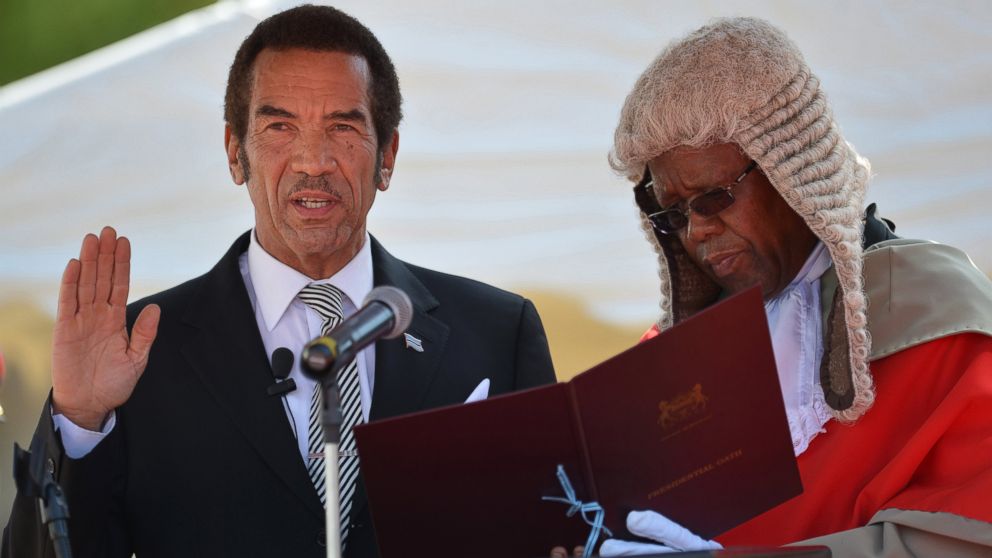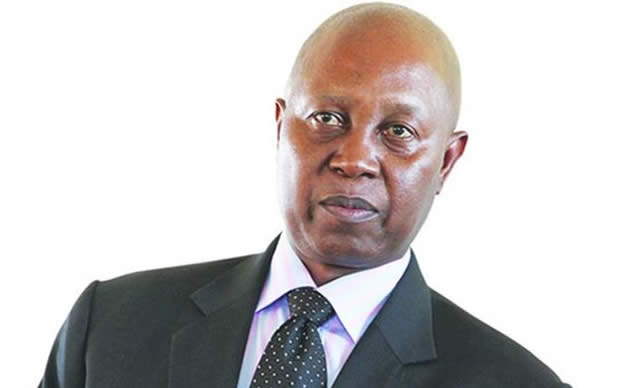Two Zimbabweans for top Africa innovation award

Business Reporter
TWO Zimbabweans are among 12 engineering entrepreneurs drawn from seven African countries shortlisted for the Africa Prize for Engineering Innovation, the continent’s biggest prize dedicated to recognising engineering innovation. The participating countries are Kenya, Nigeria, South Africa, Tanzania, Uganda, Zambia and Zimbabwe.
Rujeko Masike of the Harare Institute of Technology who has developed a portable crushing machine geared towards the small to medium mining sector, and Ian Mutamiri from the University of Zimbabwe who has designed an Android application to teach children in the vernacular, will, along with the other shortlisted candidates, participate in training and mentoring from specialists in engineering and business development.
One of the Zimbabweans stands a chance of being named the overall winner and pocketing thousands of dollars, providing them with the means to further develop their innovations.
Applications for the Africa Prize, organised by the UK’s Royal Academy of Engineering (RAEng), covers all engineering disciplines and came from 15 sub-Saharan countries.
The shortlist announced by the RAEng recently includes innovations in agriculture, nanotechnology, sanitation, security and mobile applications.
“During the next six months these shortlisted entrants in the Africa Prize for Engineering Innovation will participate in training and mentoring from top business development and engineering experts,” said chair of the judging panel, Malcolm Brinded, a fellow of the RAEng.
“The training will be focused on proving, scaling up and commercialising their engineering innovations.”
The small to medium mining sector in Zimbabwe has a need for portable ore crushing machines hence the innovation by Masike scales down jaw and roller machines and incorporates local materials to make affordable, portable and appropriate crushing machines for local miners.
The Android application by Mutamiri teaches children how to read Shona by improving their syllable-to-sound association. The innovation is specially geared for children with reading disabilities. Known as NatiV, the app focuses on teaching children languages using native speakers whose accent and intonation they recognise. The application could also be used to teach other languages.
Among the other entries is an enabling inter-operability between different mobile networks in a multi-SIM environment (Kenya), a removable burglar-bar system for emergency exits from buildings (Nigeria), a fence tampering warning system for farmers (South Africa), a precise and regulated fertiliser applicator for small-scale farmers (Zambia) and a full-cycle sanitation service to reduce pollution to the environment and prevent diarrhoeal disease (Uganda).
After the six-month period of training and mentorship that began early this month, three finalists will be invited to present their innovations with an overall winner set to receive £25,000, while two runners-up would be awarded £10,000 each.
The RAEng launched the Africa Prize to encourage engineers across all disciplines in sub-Saharan Africa to apply their engineering skills to develop scalable solutions to local challenges.
The prize celebrates innovation and entrepreneurship, and aims to improve quality of life and stimulate economic development.
The organisers have set April 2015 for the next round of applications.
The Africa Prize for Engineering Innovation is generously supported by the Shell Centenary Scholarship Fund, Consolidated Contractors Company, Conoco Philips and the Mo Ibrahim Foundation.











Comments